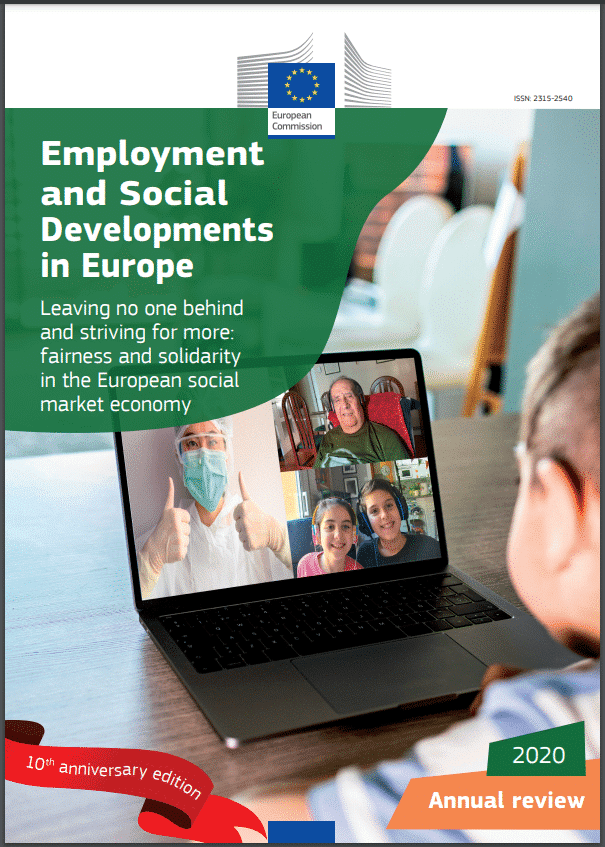
Considering the serious health, economic, employment and social effects of COVID-19, the ESDE report points to the following findings:
- Adequate minimum wages and minimum income can have a beneficial effect on the social mobility of Europeans.
- Strengthening social fairness, including through investments in people, pays off. Closing gender-related gaps brings particularly high returns, while extending working lives, and raising educational attainment also have positive effects.
- Structural change, such as the green transition, has to be accompanied by social measures to be successful. Notably, this transition requires social investment in the form of re-skilling programmes and/or unemployment benefits. According to ESDE, this social investment could amount to €20 billion or more until 2030.
- Short-time work schemes are protecting jobs effectively. The EU is helping Member States to provide such support through solidarity mechanisms like the instrument for temporary Support to mitigate Unemployment Risks in an Emergency (SURE).
- Social dialogue and collective bargaining influence fairness and its perception at the workplace by promoting more equitable wages, better working conditions and more inclusive labour markets.






